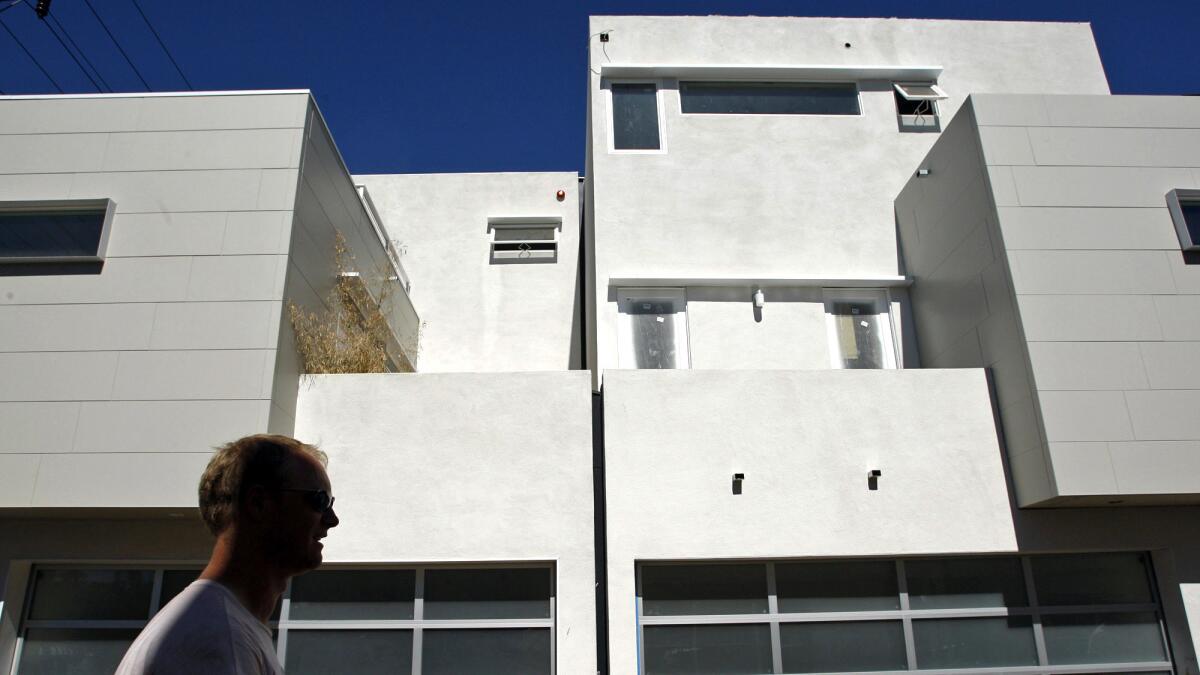Q&A: Charging interest on interest on past-due HOA accounts is a no-no

QUESTION: Around eight years ago, the HOA filed a lien on my property because I fell behind on my association dues. After 11 months, I finally paid off the outstanding dues. I also paid the lien filing fees and interest at the same time. Unbeknownst to me, there was a small balance of interest that remained on the account that began to accrue additional interest monthly. That interest continued to compound, and today it’s around $355.
I refuse to pay this and have protested to the board that charging interest on interest is unfair, but the board isn’t budging. The HOA says it is allowed to charge interest and fees at its discretion and according to our bylaws. The board is adamant that it won’t remove the lien until I pay the interest on the interest. The lien has prevented my refinancing efforts.
Does any law specifically prevent a board from keeping a lien recorded on property for unpaid interest? Am I entitled to request an audit of the account to show exactly when the dues were late, when they were paid and how the monthly fees and interest have been assessed?
ANSWER: Nothing about your investment or property ownership should be “unbeknownst” to you. Before assuming that your debt was satisfied, you should have requested written confirmation from the association of the total amount due. This information was available to you, and reviewing it would have prevented this problem.
After each payment, you should have requested a written receipt indicating the date of payment and the name of the person who received it, which must be provided under Civil Code 5655(b), as well as the payment amount. By subsequently reviewing the association’s records, you could have confirmed that your payments were properly applied first to your assessments owed and then to collection costs, fees and interest, as required under Civil Code 5655(a).
As you learned, unless your governing documents provide for a longer period of time, regular and special assessments levied by your association are considered delinquent 15 days after they become due. Once an assessment is considered delinquent, the association can charge late fees, collections costs and reasonable attorney’s fees as part of its efforts to recoup the amount owed.
The guidelines for these procedures are outlined in Civil Code 5650, which also permits the association to apply interest at an annual rate of up to 12% once an assessment is past due 30 days. The 12% annual interest rate may sound excessive, but it is actually allowed as an exception to the normal maximum rate of interest permitted in most transactions in California under the state’s usury laws.
However, the language of Civil Code 5650(b)(3) permitting the imposition of interest applies only to “delinquent assessments, reasonable fees and costs of collection, and reasonable attorney’s fees” charged by the association, and not the interest itself. If legitimate interest remains unpaid on your account then the association is under no obligation to release the lien — but unpaid interest should not continue to accrue interest.
If interest was improperly compounded on your account, then you should be entitled to a reversal of your payments and a rescission of the lien. (California Civil Code 5685.) You should immediately put the association on notice that you contest the accrual of interest on unpaid interest and request an accounting of your balance and all the payments you made to date.
After that, even if you determine that the lien was proper and you simply failed to pay it off completely, at least the amount you owe should not continue to increase. Cite the relevant Civil Code sections to the board, but if the board is still not persuaded by the law, your options are limited.
You could sue the association and risk losing in court, but it could cost you tens of thousands of dollars up front. And it’s possible even if you do win, that the board could assess association members, including yourself, to recover its legal fees. Or you could cut your losses and pay the $355 to have the lien removed and go about your business.
If you have the stomach, you could mount a campaign to oust the board based on its unwillingness to follow the law and elect new directors. But it’s best to never be in this predicament again given the financial impact of improperly managing your obligation in a common-interest development.
Zachary Levine, a partner at Wolk & Levine, a business and intellectual property law firm, co-wrote this column. Vanitzian is an arbitrator and mediator. Send questions to Donie Vanitzian, JD, P.O. Box 10490, Marina del Rey, CA 90295 ornoexit@mindspring.com






